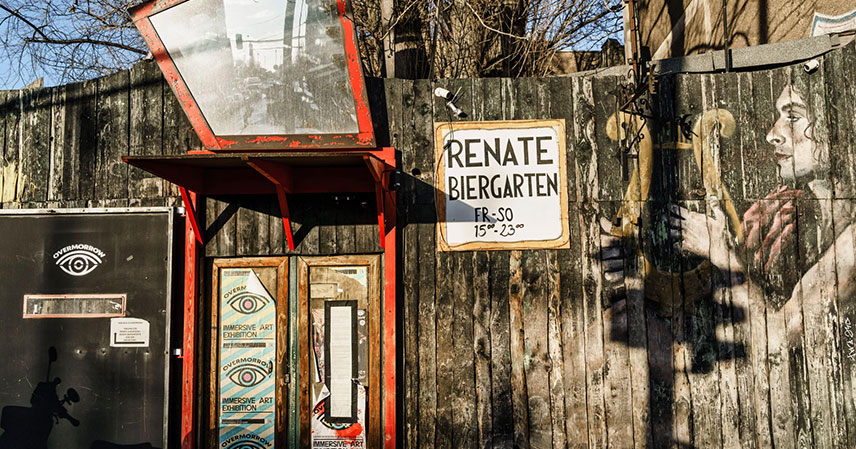Berlin, a city synonymous with vibrant nightlife and underground culture, is facing a significant loss. Renate, a beloved club known for its relaxed atmosphere and inclusive spirit, is on the brink of closure. This isn’t just the end of a club; it’s a potential symbol of a larger shift in Berlin’s identity, one grappling with the pressures of gentrification and rising real estate costs.
For years, Renate has provided a haven for those seeking a more authentic, less pretentious Berlin club experience. Unlike its more famous counterparts, it offered a space where affordability and community were prioritized over exclusivity and high-end aesthetics. The impending closure raises important questions about the future of Berlin’s unique clubbing scene and the challenges facing its long-standing cultural institutions.
What Happened? 📝
The closure of Renate is directly attributed to the escalating cost of living in Berlin. Rising rents and gentrification have made it increasingly difficult for businesses, particularly those operating on smaller margins, to remain viable. Renate, while popular, wasn’t immune to these economic pressures. The club’s location, once a haven of affordability, has become a target of developers seeking to capitalize on the city’s growing popularity.
This isn’t an isolated incident. Many smaller, independent clubs in Berlin are facing similar challenges. The city’s unique character, long celebrated for its vibrant and diverse nightlife, is threatened by the relentless march of gentrification, pushing out long-standing businesses and communities in favor of more lucrative ventures.
The Significance of Renate’s Closure 😢
Renate’s potential closure represents more than just the loss of a single venue; it symbolizes a broader trend impacting Berlin’s cultural landscape. The club was known for its inclusive atmosphere, attracting a diverse crowd from all walks of life. Its relaxed vibe and affordability made it a welcoming space for those who might not have felt comfortable in Berlin’s more exclusive clubs.
The loss of such spaces can significantly impact the city’s overall cultural identity. These smaller clubs often act as incubators for new talent and artistic expression, providing platforms for emerging DJs, artists, and performers. Their disappearance leaves a void that’s difficult to fill.
The Broader Context: Gentrification and Berlin’s Nightlife 🏙️
Berlin’s struggle with gentrification is well-documented. The influx of wealthier residents and businesses has driven up property values, making it increasingly challenging for long-standing businesses and residents to afford to stay. This isn’t unique to Berlin; many cities around the world are grappling with similar issues.
The impact on nightlife is particularly significant. Clubs, bars, and other entertainment venues are often among the first casualties of gentrification, as they are frequently located in areas that become attractive to developers. This leads to a homogenization of the city’s character, replacing diverse and unique venues with more commercially driven enterprises.
What Does the Future Hold? 🤔
The future of Berlin’s nightlife remains uncertain. While some larger, more established clubs may be able to weather the storm, smaller, independent venues remain particularly vulnerable. The city faces a crucial decision: how to balance economic development with the preservation of its unique cultural identity.
This requires a multi-pronged approach, including policies that support small businesses, affordable housing initiatives, and a greater emphasis on protecting cultural spaces. Without such measures, Berlin risks losing the very qualities that make it such a vibrant and attractive city.
Key Takeaways 🔑
- Renate’s potential closure highlights the challenges faced by Berlin’s nightlife scene due to rising rents and gentrification.
- The loss of Renate represents more than just a single club; it symbolizes a broader shift in Berlin’s cultural landscape.
- The issue highlights the need for policies to support small businesses and preserve cultural spaces in the face of gentrification.
- The future of Berlin’s unique nightlife depends on finding a balance between economic development and cultural preservation.
The fate of Renate serves as a stark reminder of the fragility of urban culture and the importance of protecting the spaces that define a city’s identity. The fight to save clubs like Renate is part of a larger cultural battle, similar to the ongoing struggle against the quiet death of film criticism, and is ultimately a fight for the soul of Berlin.
Source: ‘March of commercialisation’: writing is on the wall for Berlin’s nightclubs



